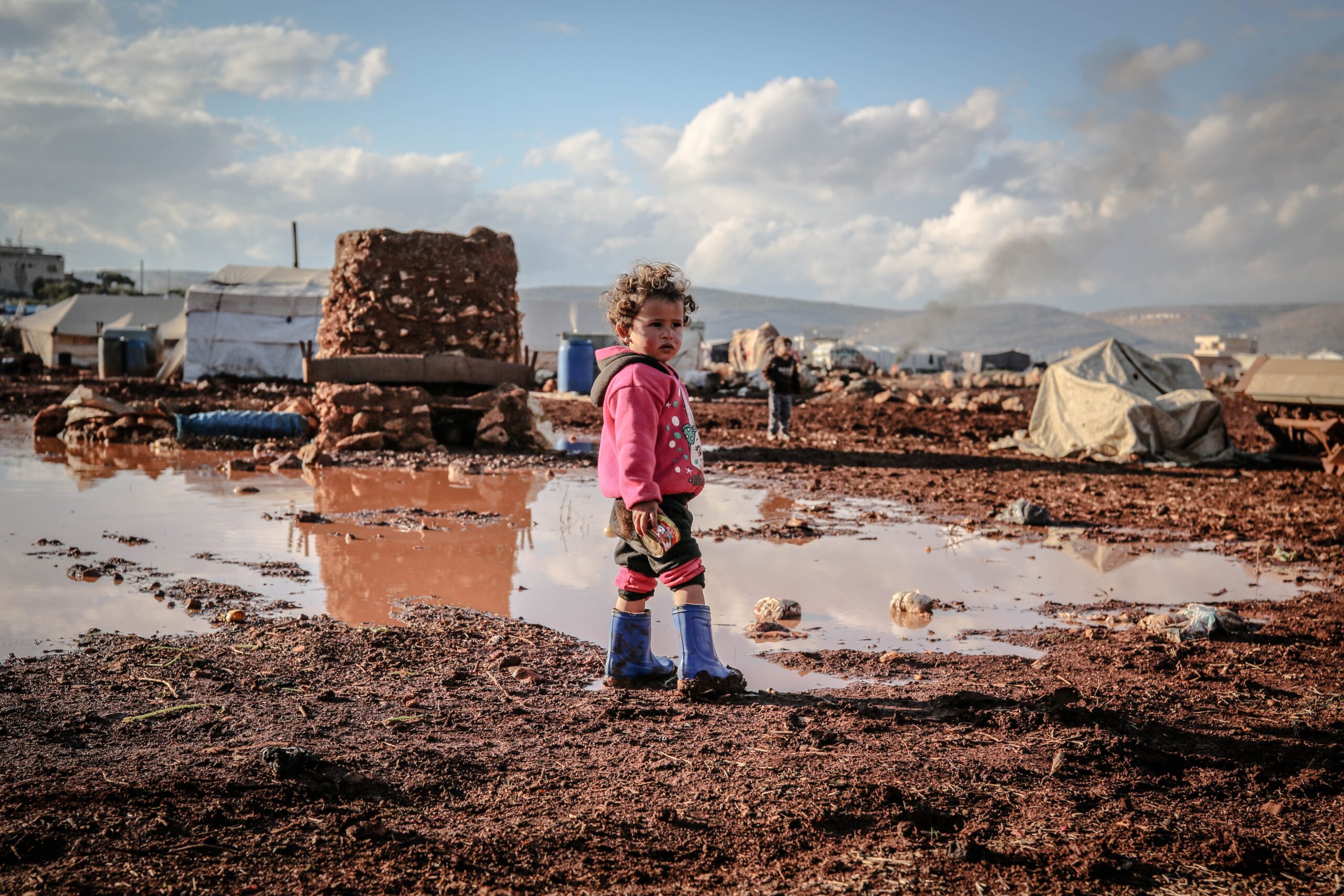
Almost 20 years ago, the Mexico Ministerial Summit on Health Research asserted that “all countries, including the least developed, need the capacity to conduct health research, to implement and evaluate policies and programmes, and to communicate and use what is learnt.”1 Then, and now, publishing open access can support this reality for low- and middle-income countries (LMICs).
The 10/90 disequilibrium is the alarming reality that, of the $50–60 billion spent worldwide each year on health research, only 10% is spent on the health problems that affect 90% of the world’s population.2 LMICs carry the majority of the global health burden but have a minority voice at the health research table.
Speaking at a session on ethics and data integrity at a London Global Cancer meeting, clinicians from Pakistan defined integrity in research as the ability to generate (and manage safely) accurate and reliable data that are relevant to the prevailing population health needs. For them, it follows that open access publishing can have a critical role in data ethics and integrity.
Researchers seeking to conduct meaningful health research in LMIC settings often face challenges particular to their country’s health research profile. A national health research profile can be characterized by five linked indicators: its health research priorities, resources (amount spent on research), production (capacity issues), packaging and impact (evidence of research affecting policy development or programs and interventions).3 All of these components operate in the context of the country’s politics, economics, geography, history, cultures and legal system.
Among the myriad potential challenges to medical research integrity in LMICs are a shortage of skilled workers, a lack of centralized and digitized health records, and a dearth of centres of clinical excellence. Even where centres of excellence do exist, they may work in silos rather than within established and experienced health research networks. The result is that robust data governance (including stewardship, steering and safety monitoring committees) is often sourced from outside the LMIC setting. External collaborators can offer high-quality data monitoring and management and can improve the chances of publishing the research findings in trusted journals, but they may live and work in very different economic regions and have contrasting health research priorities. For the investigators conducting research in LMIC communities, the dubious ‘reward’ for partnering with external collaborators can be a ‘high-impact’ publication that their local and national colleagues cannot read. If the results of any such collaboration studies are not published open access, the local researchers, health workers and decision makers are often unable to access and use their own data to inform local health policy and planning.
This reality emphasizes the geographical qualifier that is captured in the Open Pharma position statement on Open Access. The statement recognizes the importance of publishing research open access so that it can be read without payment or one-off or subscription charges, to “ensure that the highest quality, peer-reviewed evidence is available to anyone who needs it, anywhere in the world”.4 By removing paywall barriers, open access publishing helps to connect the individuals affected by a condition, and those tasked with providing and funding care, with robust need-to-know evidence.
The researchers and communities who collect and contribute research data should not be put at a disadvantage. Open access publishing and giving due recognition to the individuals and communities who contribute and collect data are both critical to encouraging good data integrity and collaborative research practices in LMIC settings. The stakeholders who contribute data should be engaged throughout the research process, from early discussions about data privacy and confidentiality, religious norms and context-appropriate ways of working through to publication authorship and acknowledgements. Then, the results of the research should be made available to them, and to others without barriers, including paywall barriers. Only in this way can the heritage of the data be honoured and used to address the research priorities of the contributing communities.
References
- World Health Organization. Report from the Ministerial Summit on Health Research: identify challenges, inform actions, correct inequities. 2005. Available from: https://apps.who.int/iris/handle/10665/43226 (Accessed 25 October 2023).
- World Health Organization. Global Forum for Health Research: an overview. Available from: https://apps.who.int/iris/handle/10665/66474 (Accessed 25 October 2023).
- Tugwell P, Sitthi-Amorn C, Hatcher-Roberts J, et al. Health Research Profile to assess the capacity of low and middle income countries for equity-oriented research. BMC Public Health 2006;6:151.
- Open Pharma. Position statement on Open Access. Available from: https://www.openpharma.blog/position-statement-on-open-access/ (Accessed 25 October 2023).
Alison Chisholm is a Communications Team Leader at Oxford PharmaGenesis. She has an interest in Global Health after completing a Master’s in Public Health at The University of Edinburgh.






